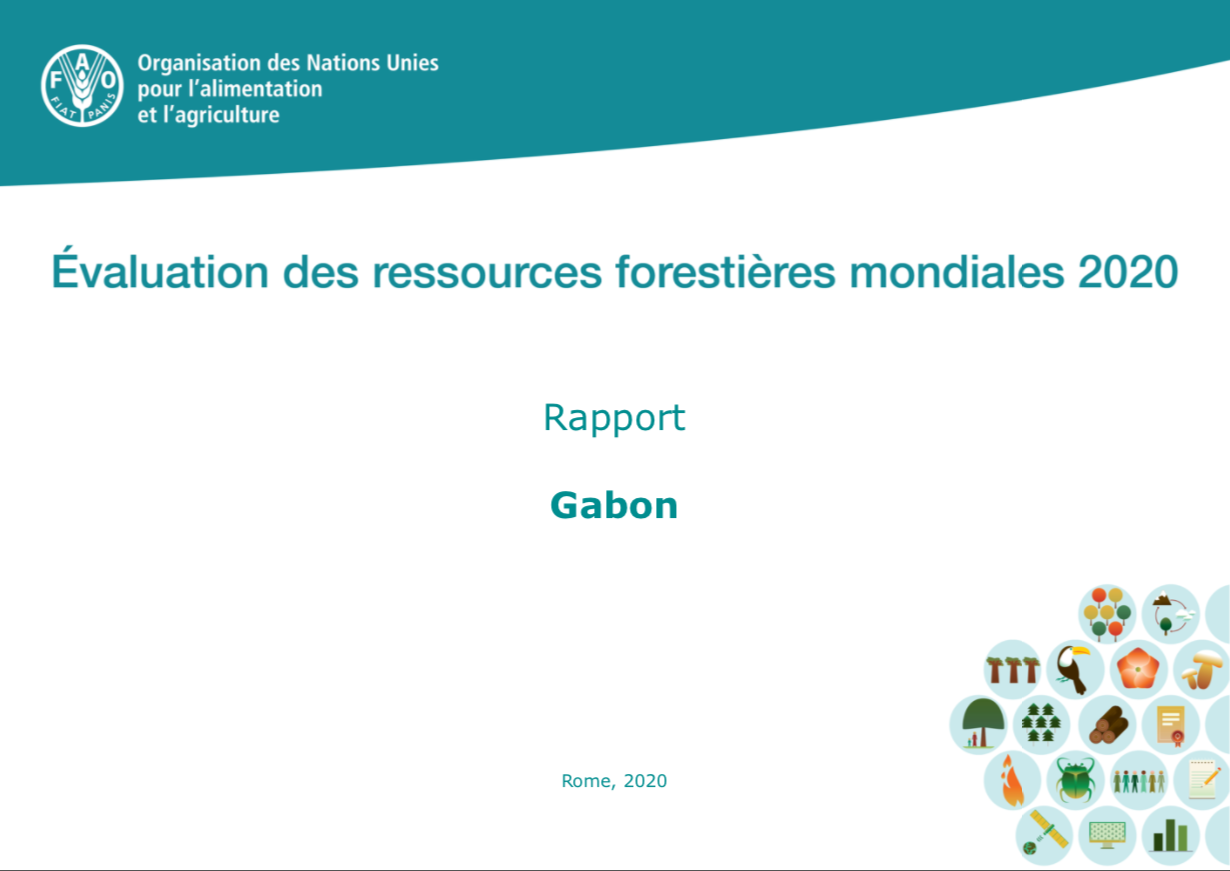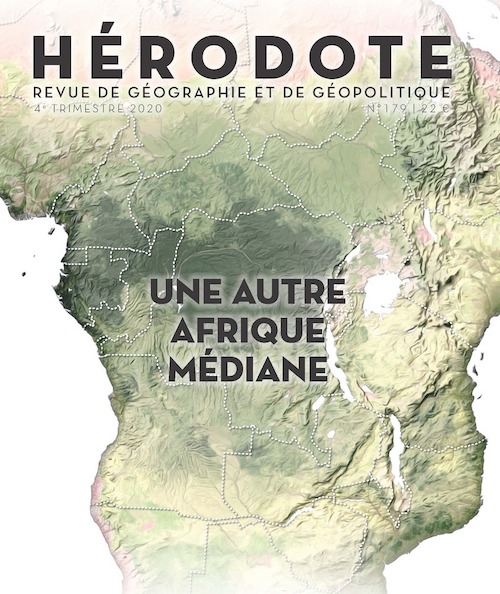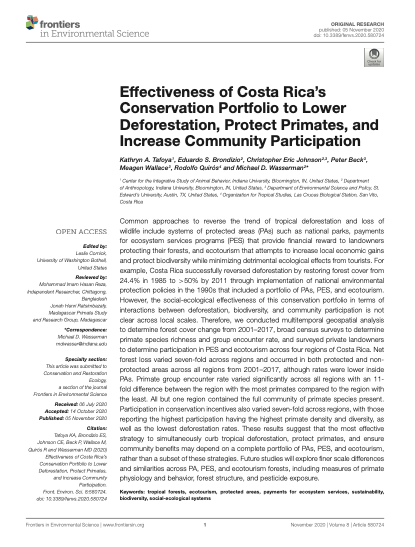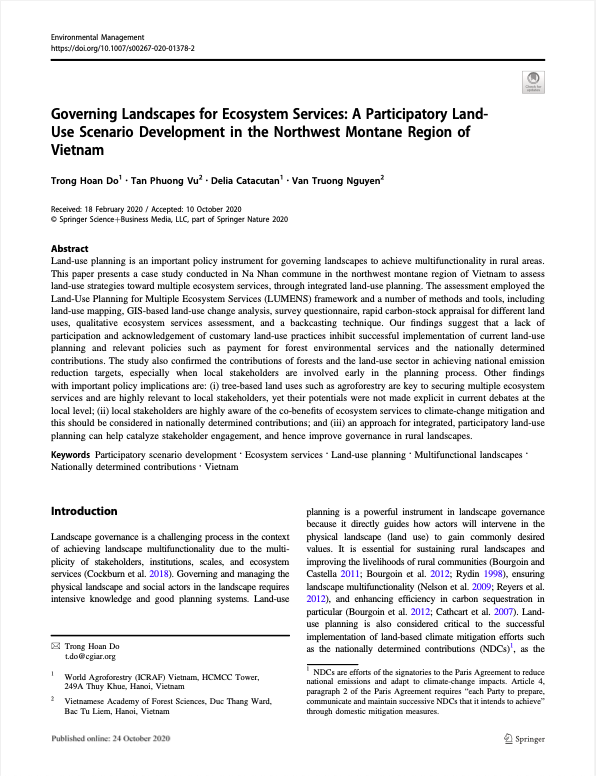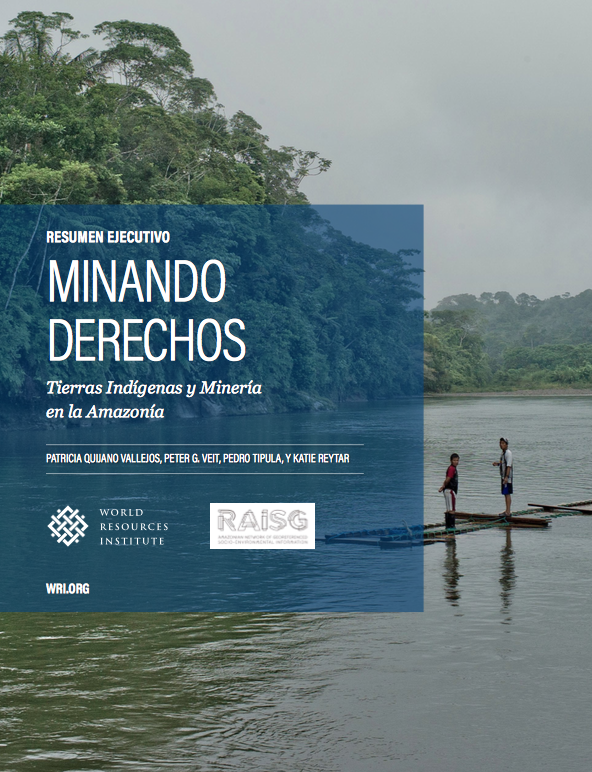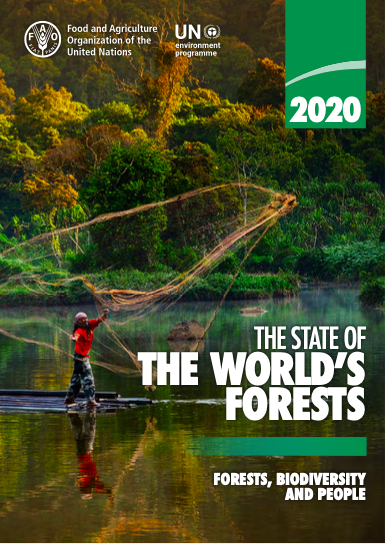Where to put community-based forestry?: Reconciling conservation and livelihood in Lampung, Indonesia
Community-based forestry (CBF) has been promoted as a potential win-win solution for improving forest conservation and livelihood outcomes. Incorporating location-specific factors from participants’ perspectives in the design and implementation of CBF has been noted as an important prerequisite for ensuring positive outcomes. This study investigates benefits and challenges of CBF perceived by participating farmers in two Community Forests (HKM – Hutan Kemasyarakatan) in Lampung, Indonesia. Two sites were chosen systematically based on their distinct biophysical characteristics.



